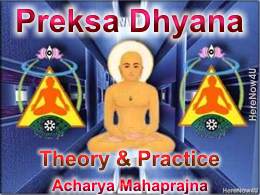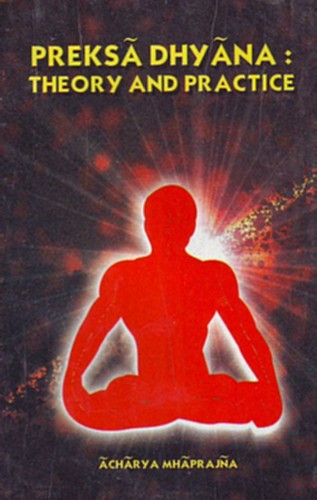[raison d'etre = reason or justification for existence]

All the (endocrine) glands in our body are components of the subconscious self. Because they affect the brain, they are more powerful and important than the brain. If they are properly harmonised by proper and efficient meditation, one becomes free from fear, and freedom from fear means freedom from all hurdles. Endocrinology - science of endocrines - does not specify the proper method of harmonising the system. Only psychic science can show the way in this regard. And the method shown by it is regular practice of meditation. Meditation (concentrated perception) of psychic centres (fields of neuronal endocrine action) removes distortion and discordance from the system. The more profound the concentration, the more harmonised will the system become. And this will result in freedom from fear, cruelty and other psychological distortions.
A new personality will be evolved with regenerated, revitalised and rejuvenated conscious mind. The capacity of our conscious mind is limited in the field of personality development. While it is adequately capable (if developed by proper education) of coping up with arguments, hypothesis, critical evaluation and creative imagination on the fields of science, art and literature etc, it is not always capable of controlling behavioural patterns of the individual. Indeed, by far the greater part of one's behaviour is not controlled by conscious decisions. It follows, therefore, that this faculty cannot bring about changes in the attitude and behaviour of a person, let alone realise a tranquil (waveless - bereft of agitation and excitation) state. However, when one practises perception of the psychic centre of intuition, one's will and determination can transcend the conscious mind [1] and reach the subconscious mind. It can even penetrate further and reach the fields of lesya and adhyavasaya i.e. the subtle inner conscious levels. Then blissful tranquil state is realised, and attitude and behaviour drastically changed.
Thus we realise that focusing our psychic attention on psychic centres - concentrated perception of these centres - would open doors and windows through which the super-conscious would give us a sense of wisdom and subdue our animal impulse.
[1] What we mean by the term 'Conscious Mind' is the faculty which processes the raw sensations into perception, which initiates and controls muscular activity, which thinks and imagines, which is endowed with a memory store and which is the substratum of all intellectual performance. In short, it is the faculty which transmutes the complex neuronal activity in the celebral cortex, into conscious experience.
 Acharya Mahaprajna
Acharya Mahaprajna

